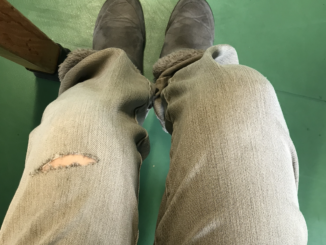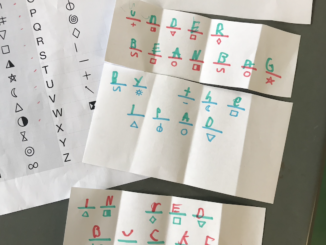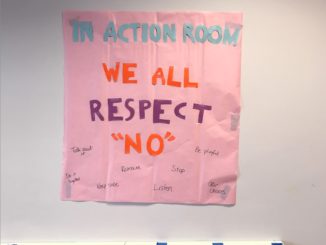This post has an audio and video recorded version for those who prefer to learn by hearing rather than by reading. Scroll to the bottom for the video of me reading it.
I think we would actually all be fine if we would drop the word “consequences” from our vocabularies entirely.
I’d certainly prefer it if we did. It really grates on my nerves to hear people talking about.
Like yes, I’m glad that at some point we looked around and realized, “Oh hey, it’s pretty crappy of us to punish children arbitrarily when they do things we don’t like, and especially when it’s for revenge or to hurt them.”
But then it’s like society just went, “I know: let’s make sure that we punish children *logically* when they do things we don’t like, for revenge and to hurt them.”
Now I know some people will be like “but natural consequences! Those are just the thing that happens when you do something!” Okay sure, fine, then why do we even need to talk about it? The natural consequence of me eating is that I have food in my belly. The natural consequence of me standing up is that now I am standing. The natural consequence of me pouring water on the floor is that now the floor is wet. Why would we need to spend so much energy conversing about this in parenting groups and books and seminars? Water is wet, food is filling.
Yes, sometimes children learn from “natural consequences”. Sure. That’s just what normally results from things happening in life, trial and error, experimentation. Play, which I’m obviously a huge proponent of.
Everything else, the way I constantly see it used, is just people looking for ways to enact punishment or retribution or hurt their kid the “appropriate” amount, the “logical” way, in order to make them “get it”.
Would this even be a thing if it wasn’t for the phrase “the consequences of their actions”? But my children are children. If they’re struggling with something, I will help them. That’s the natural consequence of them needing help and it didn’t need any sanctimony from me about it.
On two separate occasions in our lives, people close to us have sat me and my husband down and told us that they were concerned about our non-punitive relationship with our children. One of these conversations was specifically in reference to the fact that my child, who was two years old, on vacation, with every part of their daily life and routine disrupted, having skipped a nap, and hungry, had cried loudly in a restaurant. A two year old. Had cried. My husband and child went outside to walk around until the food was ready rather than wait at the table, and later these people expressed their concern that our lack of “consequences” for our child’s “behavior” meant that they would grow up to [insert any number of catastrophic results here].
That’s what this culture breeds. That’s why this incenses me so much and why I’m writing with very strong language. I usually try really hard to have a lot of grace here and it’s not that I *don’t* also have grace here for parents and adults who I know are just doing their best, and breaking old cycles, and looking for new ways of doing things. I just wish I could make everybody stand exactly where I’m standing and see exactly what I see.
A two year old struggling doesn’t need to be punished for it. And adults deciding what “consequences” are “appropriate” would still be punishment.
(Could I say, “the consequence of my child crying in a restaurant is that I take them for a walk”? Sure, I could say that. But that’s not how anybody uses that word and you and I both know it. The same way that nobody uses the word “behavior” in the sentence “can I talk to you about your child’s behavior?…because they’re lovely and kind and having them around is a delight.” It’s a word whose literal definition is unbiased, but it’s used with bias.)
A five year old struggling doesn’t need to be hurt for it. A ten year old struggling doesn’t need to be hurt for it. Heck—a thirty year old struggling doesn’t need to be hurt for it, either, but (American) society’s not ready for that conversation and it has to start somewhere so why don’t we start with the most vulnerable, who depend on our protection the very most, and then work our way up.



